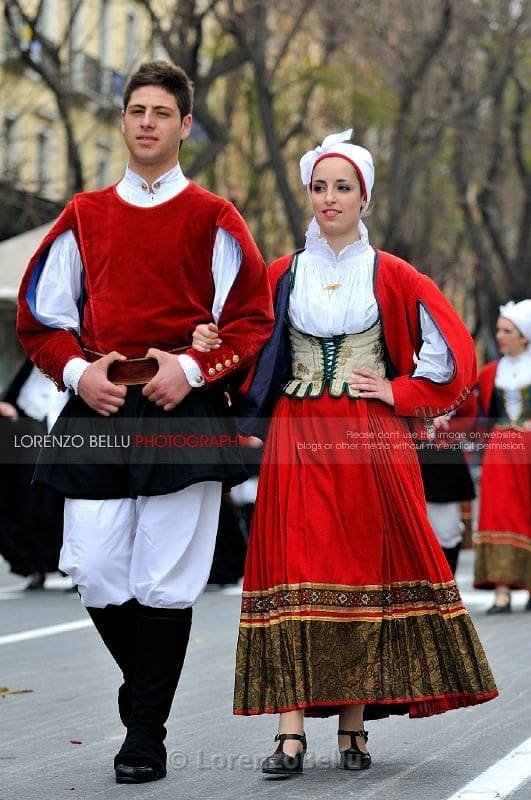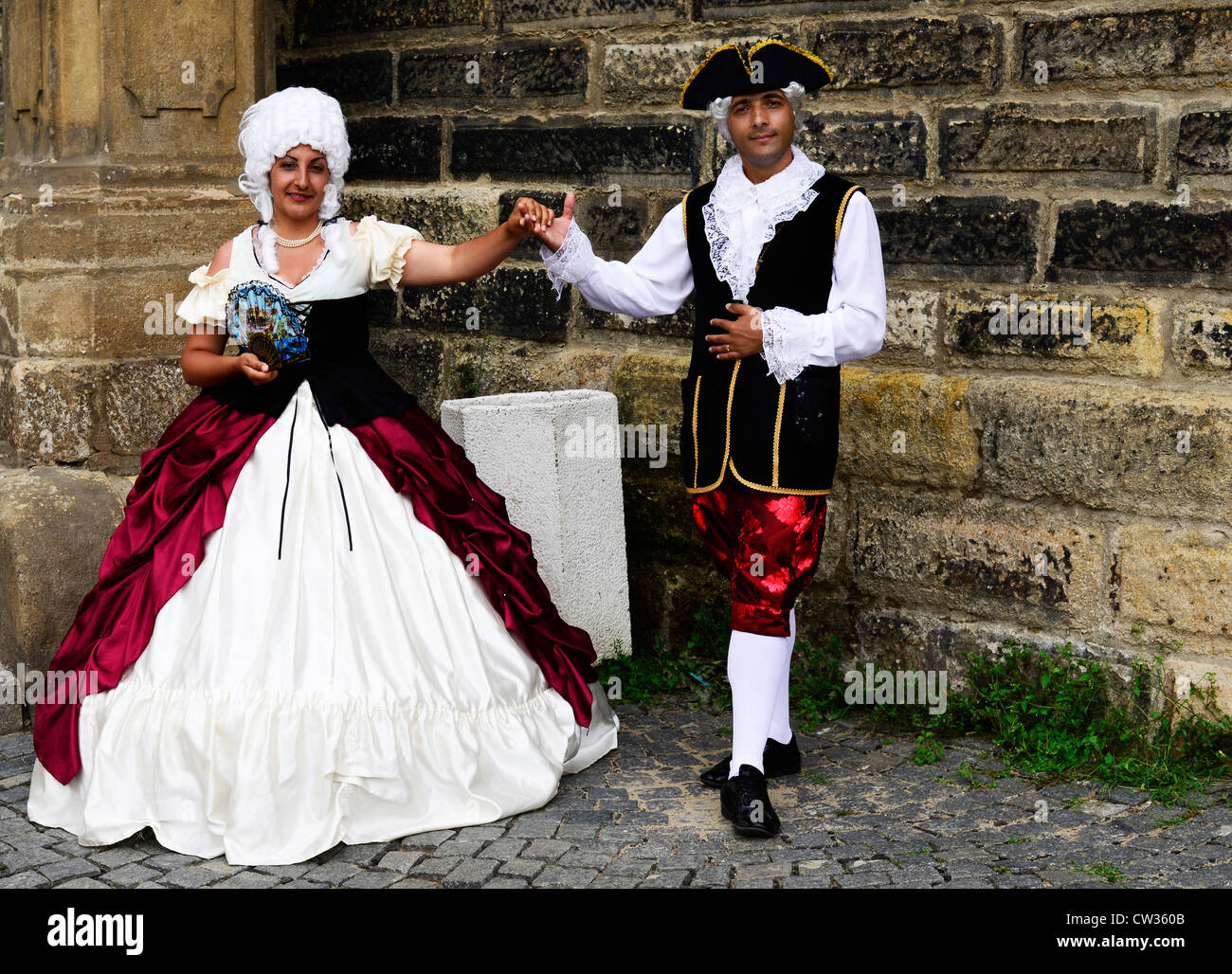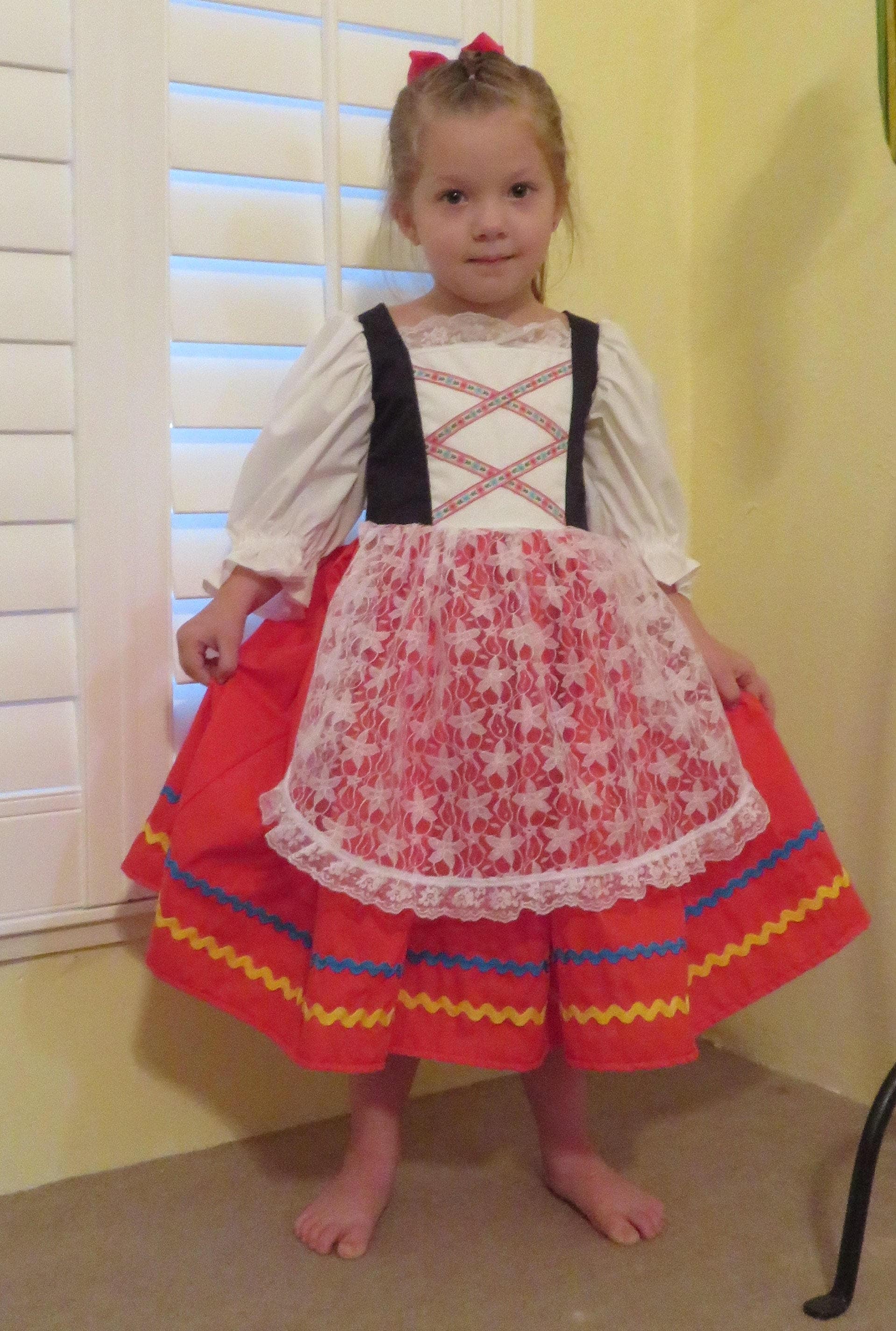
Italian Costumes TEXTILE VALUE CHAIN
Traditional Italian Clothing . The national Italian costume has many interpretations and, actually, every region has its own. The thing is that different Italian lands were separated from each other for a long time, and finally merged a little more than 150 years ago. However, if to generalize, the outfits are characterized by a riot of colors.

Traditional Italian Dress For Women In Pescara
Italian fashion Italy is one of the leading countries in fashion design, alongside France and the United Kingdom. Fashion has always been an important part of the country's cultural life and society, and Italians are well known for their attention to dress; la bella figura, or good appearance, retains its traditional importance.

Lista 100+ Foto Traje Tipico De Italia Para Niño Cena Hermosa
Fashion for women, Outfit Ideas, Travel · August 8, 2021 Dress Like An Italian Woman and Look Elegant Daily with our Popular Italian Style Guide Learn the ABC of Italian style and how to dress like an Italian woman and look put together with minimal effort all year round.

Pin di Massimo Terzo Account su People of the World Stile di moda, Moda femminile, Abiti
The Final Word How to Wear Traditional Italian Clothing Appropriately dressing in traditional Italian clothing can be a delightful way to engage in Italy's rich culture and history. Here are a few key points worth considering: 1. Understand the significance of the clothing:

Italian National Traditional Costume Girls Sizes 8 10 12 international day celebrations by
Spring in Italy can be unpredictable. The temperatures can vary from chilly to warm and sometimes even hot, from a minimum of 15°C/59°F to a maximum of 28°C/82°F. When it rains, and during early morning hours, the temperature can go down to 10°C/50°F. Checking the weather forecast before any trip is always recommended.

Clothing For Italy Clothingnices
Traditional Italian clothes are beautiful, colorful, and rich in embroidery and decorations. In ancient times, clothing was unpretentious and often was sewn from woolen fabrics. The main element of clothing for men and women was a tunic worn by both wealthy Romans and their slaves.

traditional italian clothing for girls Google Search Italian traditional dress, Italian
The Influence of Region on Italian Dress The traditional attire worn in Italy is heavily influenced by the country's diverse regions, each of which has its own unique cultural traditions and customs. In the north, for example, the traditional dress is characterized by heavy woolen fabrics, while in the south, the dress is lighter and more colorful.

Costume de Italian outfits, Traditional outfits, Italian outfit
They can also be found in other categories on this website such as in "Agriculture." This category includes many paintings done by 19th century Italian artists who often depicted those living in the Italian countryside in traditional attire. Filippo Indoni (1842-1880) whose painting is shown in this entry is one such artist.

Pin by Fnafgirl16 on DR Random Characters Italian traditional dress, Traditional outfits
The traditional three-piece suit, consisting of a coat, waistcoat, and trousers, gradually gained popularity among men. This formal attire represented a sense of refinement and sophistication. In conclusion, 19th century Italy witnessed a fusion of traditional and modern fashion trends.

Ladies Supporters Dress Italy Flag Fancy Dress St Francis Day Italian Costume eBay
Traditional Clothing In Italy Italian peasants wore practical. Italy is a country steeped in rich history, culture, and tradition. One of the most interesting aspects of Italian culture is traditional clothing. From the colorful and vibrant outfits of Venice's Carnevale to the elegant and sophisticated attire of Milan's Fashion Week.

24 Traditional Italian Outfit Styles You Will Adore Traditional outfits, Italian outfit
Italian peasants wore practical clothing for their daily activities, with simple pants and shirts for the men and blouses and skirts for the women, sometimes with a bodice. Most items were made from simple fabrics, wool being very common. Color selection was limited to inexpensive gray and black dyes.

Traditional Italian Traditional dresses, Italian culture traditional dresses, Folk clothing
Italian clothing is made from the finest materials, such as silk, wool, and cashmere. The fabrics used in Italian traditional clothing are often adorned with intricate patterns and designs, which are a testament to the country's rich artistic history.

traditional italian clothes SCA garb2sew Pinterest Traditional, Clothes and Costumes
Italian Clothing Men Wondering how to dress in Italy? How do Italians dress? Coolly fashionable Or, better still, effortlessly chic. That's what most foreigners think about the way Italians dress. Italian Clothing is cool and tailored. Stylish yet unaffected. Confidently fetching at all times, whether sitting on the bus or in a pash cafè. Always.

Traditional Italy national costumes Archives World4 Italian outfits, Italian traditional
The traditional Italian dress is generally characterized by colorful embroidered skirts and bodices over lightweight chemises or blouses. Hair accessories and headwears are also very common, as well as elaborate hats decorated with flowers or fruit.

Traditional Italian Clothing For Boys Photos
Women's traditional clothing in Italy often includes a long, pleated skirt, a white embroidered shirt, a corsage, and a headscarf. This is a general description, but there are many variations depending on the region. For example, in Sardinia, women's traditional clothing is characterized by its heavy embroidery and intricate jewelry.

Cute Girls Italian National Traditional Folk Dress Italy Etsy
History of Italian fashion The history of Italian fashion is a chronological record of the events and people that impacted and evolved Italian fashion into what it is today. From the Middle Ages, Italian fashion has been popular internationally, with cities in Italy producing textiles like velvet, silk, and wool.